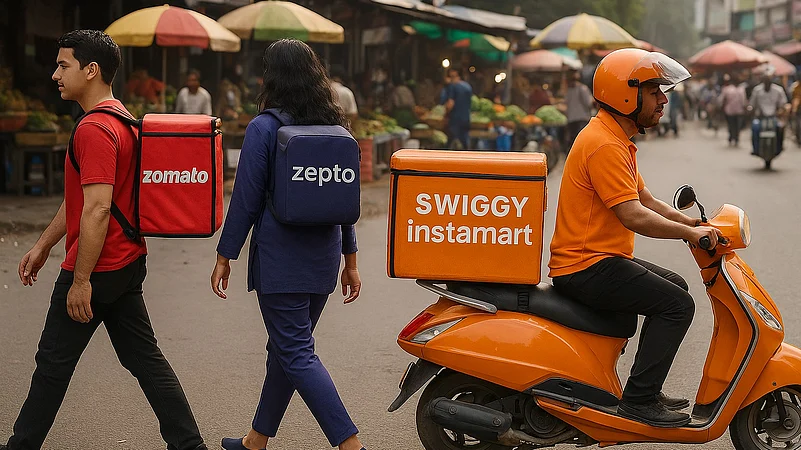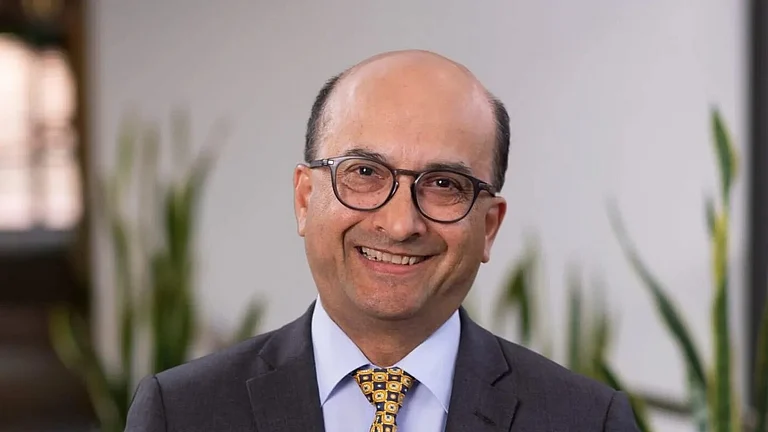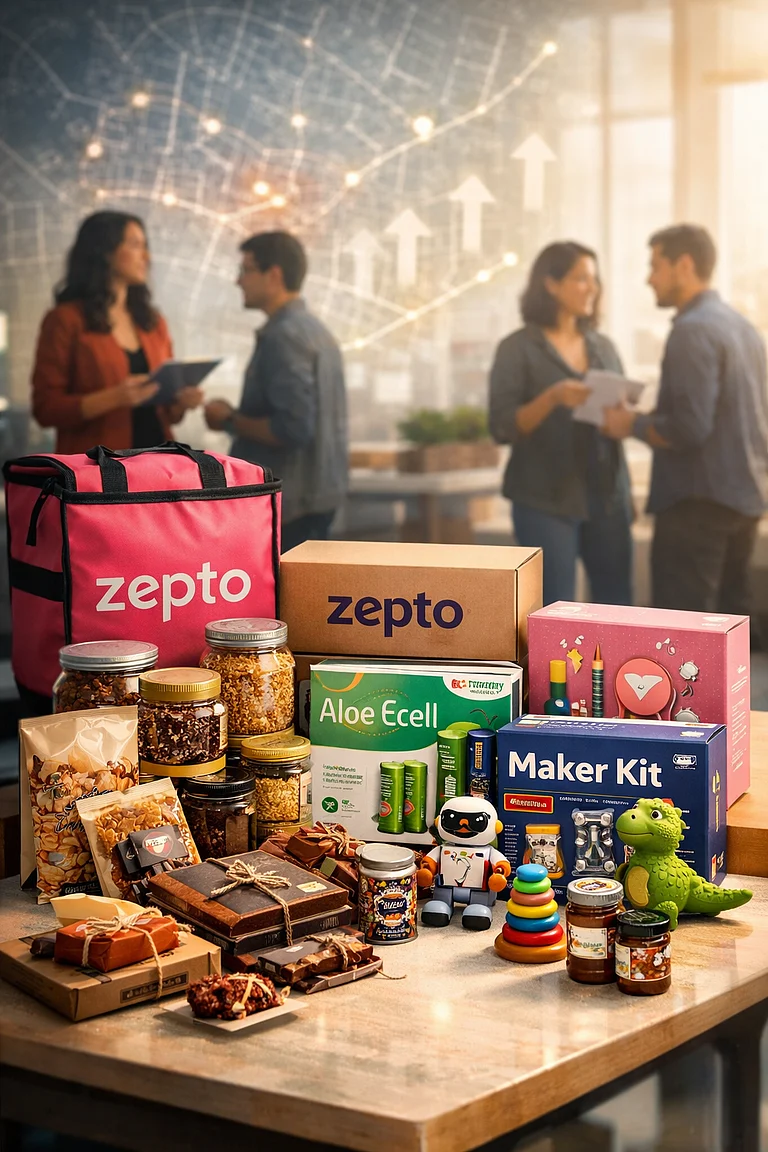About a year ago, when we look back at 2024, the quick commerce trend expanded to the food delivery market. And surprisingly, it became talk of the town for two reasons: one, the meals being served in 10 minutes at customers’ doorsteps and second, it raised questions about food quality along with hygiene.
Zomato, Swiggy, and Zepto, all three q-comm giants rushed to serve hot meals quickly with the launch of ‘Instant’, ‘Bolt’, and ‘Café’ respectively. However, fast forward to today, the heat has fizzled out.
Eternal (Zomato parent) has quietly shelved its Instant vertical, while Zepto is scaling back Café operations across several cities due to supply chain challenges and a shortage of kitchen staff. Swiggy, however, is holding its ground as it continues to expand Bolt aggressively, betting on speed.
Zomato, Zepto Back Out
Currently, Zepto is struggling with its supply chain issues and the shortage of trained staff to run kitchens, as per The Economic Times report. A total number of daily orders on Zepto Café have been reduced in June as compared to the time, when it launched a standalone app for 10-minute food delivery game.
When the service was at its peak, Zepto Café used to receive nearly 120,000-130,000 orders on daily basis. In February, founder and CEO Aadit Palicha on LinkedIn announced that Zepto Café had hit 100,000 orders per day. However, the number has been reduced to 65,000-67,000 in the May-June period, the report said.
In May, it has even shut down Café services at 44 stores out of 1,000 locations from where it operated 10-minute food delivery. The slowdown in Zepto Café’s growth and expansion came at a time when it has started reducing cash burn to achieve profitability. As a part of this effort, the start-up has also slowed the launch of its dark stores.
In addition, Zomato has shut down its ‘Quick’ shop due to unclear path to profitability. Eternal had earlier said that it is not seeing the path to profitability in Quick and Everyday businesses.
So, it announced the shut down without compromising on customer experience. It also observed that the current restaurant density and kitchen infrastructure is not set up for delivering orders in 10 minutes.
Swiggy Bets Big on Speed, Scale
Apart from Zomato and Zepto, Swiggy turned out to be sole runner in the race as it has seen upward movement in its Bolt business. Its contribution to the overall food delivery platform increased by 3% in the fourth quarter of the financial year 2025, from 9% in Q3 FY25 to 12% now.
The company even said that Bolt is expected to drive both”market growth and a market share” in the medium term because it generates additional orders by catering to new use cases and increases the platform’s visibility and relevance. “New users acquired through Bolt have shown 4-6% higher monthly retention than the platform average,” the start-up had said.
Swiggy’s food marketplace CEO Rohit Kapoor also told ET that consumers now believe that even 30-minute delivery is slow, reflecting new consumer expectations trend in the food delivery space. For this new demand, the backend for quick services like Bolt is getting ready, he added.
Sustainability Question Still Lingers
The current picture still raises the same question whether speed alone can sustain a high-cost and complex food delivery model. Unlike groceries, where inventory is controlled and predictable, hot meals involve far more moving parts, including quality control, kitchen staffing, real-time preparation, and tight delivery logistics.
These are the very challenges Zepto Café faced, due to which, the start-upended up with scaling it down. Some industry experts also stated that the 10-minute food delivery concept is solving a problem that doesn’t exist. According to them, it includes various risks such as rider safety, food quality, and operational chaos.
Speed matters in commerce, but not at the cost of safety, sustainability, and sanity. In fact, a Bernstein report from early 2025 underlined that hyperlocal food delivery will struggle to become profitable unless it moves forward toward centralized food preparation or menu standardisation.
Even investors also raised questions over its scalability as compared to the larger, normal-time food delivery business. “For us, it doesn’t make sense to invest now because the leaders like Swiggy and Zomato are already established and this is not a new concept anymore,” said Sanjay Mehta, founder and partner at 100X.VC had earlier told Outlook Business.
Hence, the path ahead looks complex for start-ups operating in this space. And if Swiggy’s bet on Bolt works well, the platform could reshape how urban India consumes everyday meals, and set an example for other players.




































